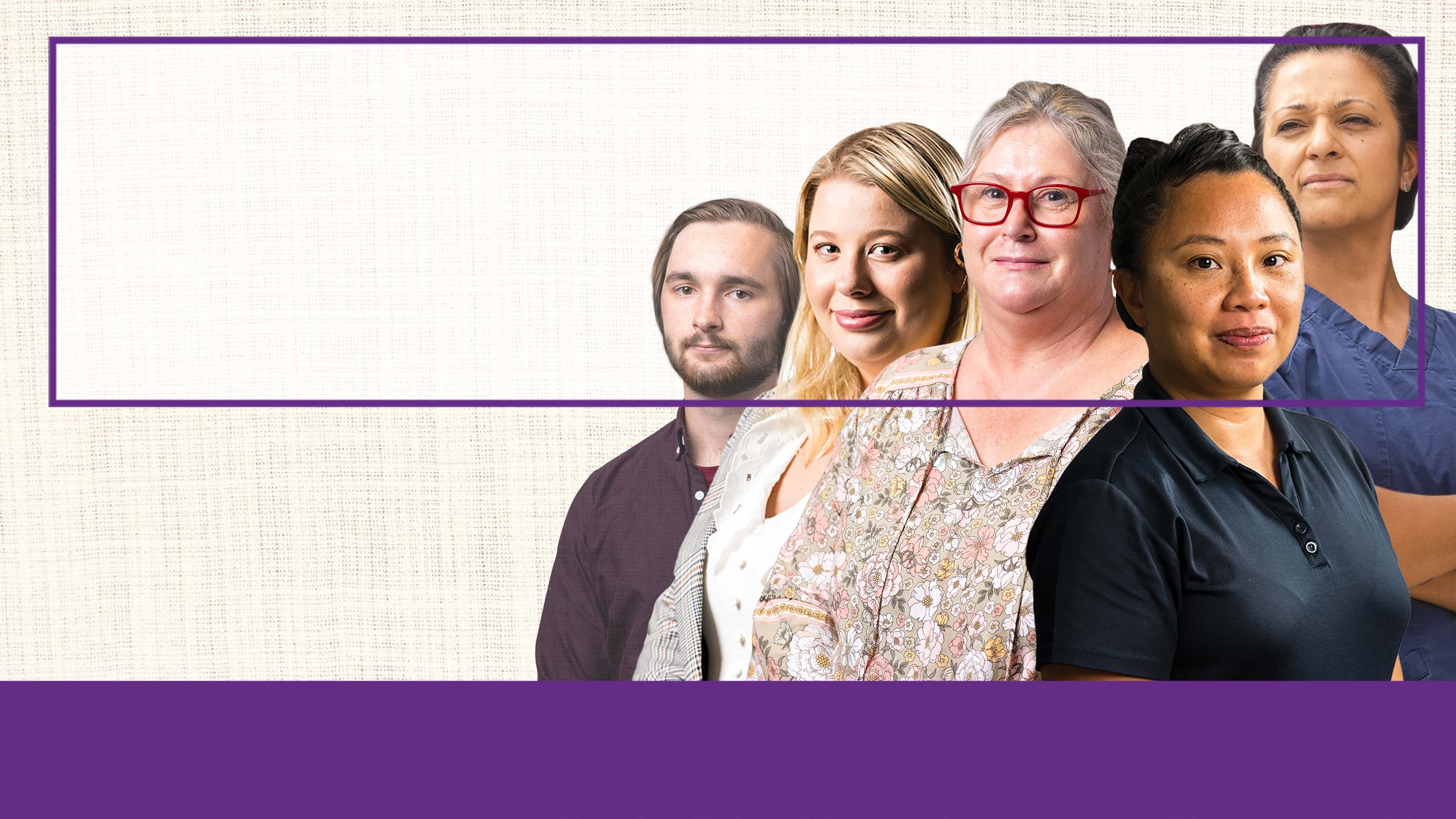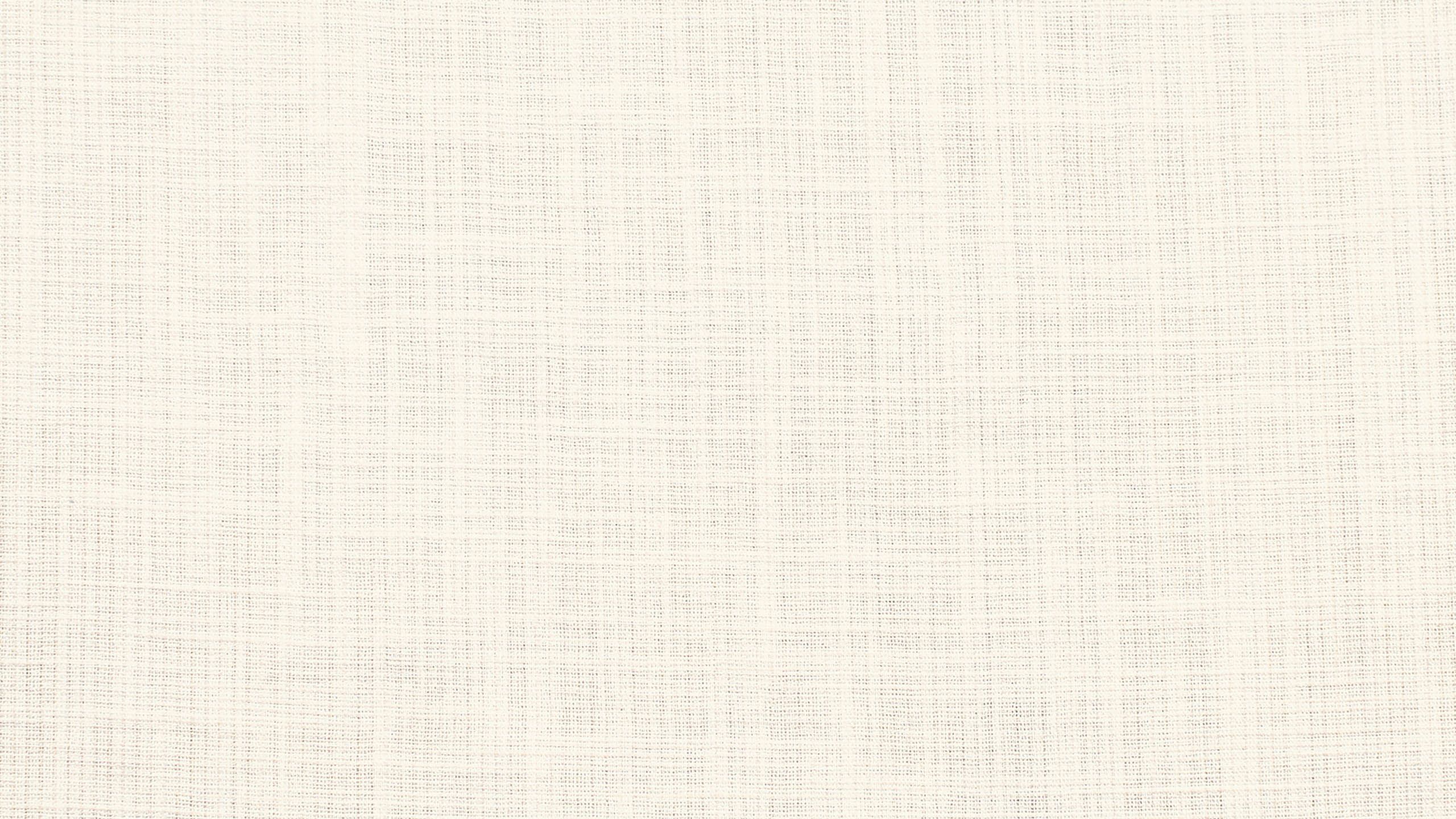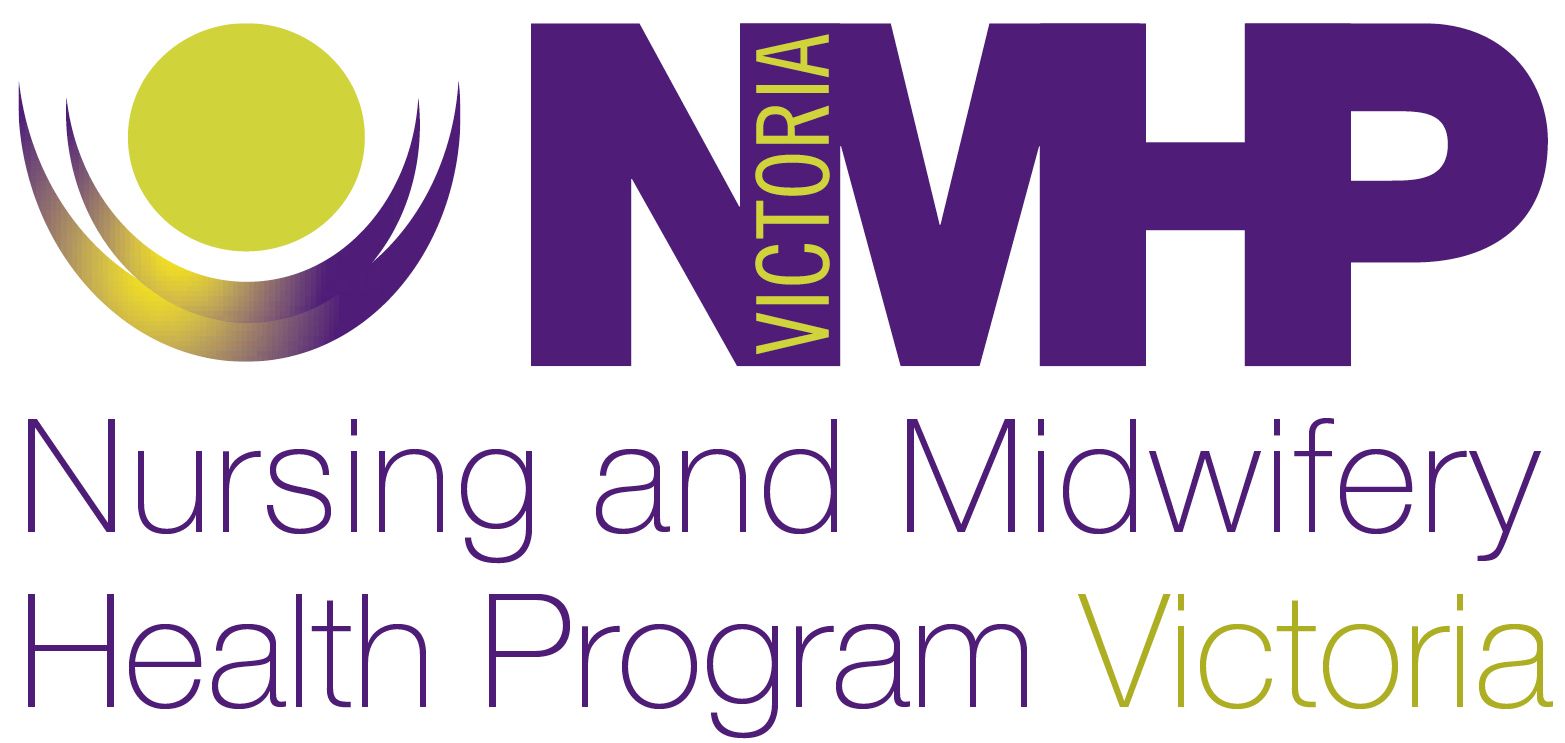You don’t have to be a hero
You’re only human.

It’s been a marathon working and living in the COVID-19 pandemic for over two years. Nurses, midwives and personal care workers are exhausted and traumatised. Don’t wait to hit crisis point before you seek help.
These two years have been the toughest journey. I have struggled with a loss of self and disconnect in my career – Hailee, midwife
Nurses, midwives and personal care workers are notorious for putting other’s needs ahead of their own. Throw in an on-going pandemic, and it’s easy to ignore the warning signs that you’re headed for burn out.
In partnership with the Nursing and Midwifery Health Program Victoria (NMHPV), ANMF (Vic Branch) has produced a new video and posters featuring five Victorian nurses and midwives talking about the impacts of working and living through a pandemic two years running.
As a follow up to the 2020 ‘I’m only human’ campaign, the video and posters are part our ‘You’re only human’ campaign aimed at encouraging others to seek support from the NMHPV before they hit crisis point.
NMHPV CEO Glenn Taylor says that the service has recently seen an increase in nurses and midwives presenting with more intense and chronic concerns linked with the pandemic.
The most common issues have included extreme physical, emotional and psychological exhaustion. ‘[We’ve also seen] despair related to the ongoing workplace demands and challenges, complicated by the fear of the unknown’, he says. ‘Many are reluctantly resorting to taking time away (from work) through exhaustion.’
Additionally, many are feeling emotionally detached and questioning their future in the profession. ‘This, in turn, leads to intense guilt due to those negative thoughts and feelings; feeling they’ve let their colleagues down’.
Mr Taylor also says early career nurses and midwives have also felt under-prepared and doubt they will succeed with the transition to the workforce, which in turn has impacted on their families and personal relationships. ‘Many describe ‘going through the motions’ as they are so depleted.’
He says long-term stress can have serious impacts on our physical and mental health, which is why it’s important to pay attention to the warning signs.
The NMHPV offers free, independent and confidential support and counselling. It is staffed mainly by mental health nurses, and nurses and midwives with additional qualifications in counselling. It can support you with any issue big or small, such as anxiety, depression, insomnia, relationship issues or drinking too much.
Take the NMHPV’s self-care questionnaire and email admin@nmhp.org.au or phone 9415 7551 (weekdays during business hours). Alternatively, call Nurse & Midwife Support 24/7 on 1800 667 877 for confidential advice.
The NMHPV posters aimed at nurses, midwives and personal care workers are being mailed to Job Reps and HSRs, and to aged care facilities throughout Victoria.

MENTAL HEALTH NURSE
Catherine’s story
‘My first year of nursing was pretty much filled with fear, anxiety, stress and endless crying.’
Mental health nurse Catherine began her graduate program the day Melbourne went into its first lockdown in March 2020. COVID-19 restrictions meant her training moved online, and she had limited or no ability to debrief. This resulted in a loss of confidence in her nursing abilities as she was barely able to get to know her patients and their care needs.
‘Being new to the profession during the pandemic has taught me to seek help and support. I’ve become more resilient thanks to creating a support network where I can express my experiences.’
STUDENT/GRADUATE NURSE
Jameson’s story
‘I had a few placements cancelled due to lockdowns. It was stressful as I needed 800 hours for registration.’
New graduate nurse Jameson was a student during two years of lockdown. He says you never knew if placements would be cancelled from lockdowns or case exposures.
‘I am optimistic we are going to start transitioning to a more post-COVID world, but I still have that lingering fear of new variants or waves that will rock the healthcare system again. I worry that the public isn’t going to accept infection control measures if there is another wave because they don’t understand what it is like on the wards.’
MIDWIFE
Hailee’s story
‘The pandemic has left many of us feeling burnt out and losing passion for our jobs. Our home lives have also been stressed.’
Midwife of five years, and ANMF Job Rep, Hailee Love says the past two years have been the toughest journey, leaving her feeling ‘a loss of self and disconnect’ in her career.
Changes to work procedures (e.g., full PPE, redeployment to the wards, staffing) left her questioning her future. ‘I feel like the reasons I became a midwife, and my midwifery philosophy, are no longer what it means to be a midwife anymore,’ she says. ‘Moving into our third year of covid ‘normal’ I’m holding out hope for change.’
She urges her colleagues to speak up about their experiences.
NURSE
Mel’s story
‘I will never forget the intimate moments I shared with my colleagues – some joyful, others highly distressing, but we stood in solidarity and powered on.’
A nurse of 15 years, Mel says that the pandemic has been ‘a journey of significance’.
‘I will never forget the feeling of uncertainty and trying to reassure petrified staff we would get through this, while thinking to myself “will we?”,’ she says.
As a nursing coordinator at a metropolitan hospital, Mel says that the pandemic really tested her mettle as she and her colleagues dealt with changes to work processes, such as wearing full PPE and distancing, plus increases in occupational violence and aggression on staff.
‘As the pandemic started unravelling, I started feeling fragile – which is unlike me. I would dissolve into tears, had a short fuse and felt on edge. I had to act and prioritise my mental health and wellbeing for my sake and my family’s.’
AGED CARE NURSE
Jean’s story
‘I feel mentally exhausted. COVID is a revolving door. The aged care facility I work in is constantly in lockdown due to a resident testing positive.’
An aged care nurse of 37 years, Jean works as an ANUM in a public nursing home. She says the most difficult part of her job has been the ‘meat in the sandwich’ having to de-escalate furious visitors while enforcing the government’s rules.
She says working short staffed has also been another stress, and the usual pre-pandemic morale boosters, such as staff social nights, couldn’t happen.
‘We haven’t even had a staff Christmas party for the last two years, so Christmas just came and went.’
Visit NMHPV for advice, resources and tips.

